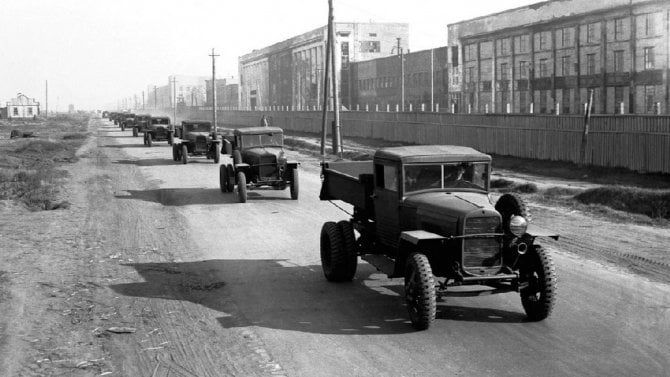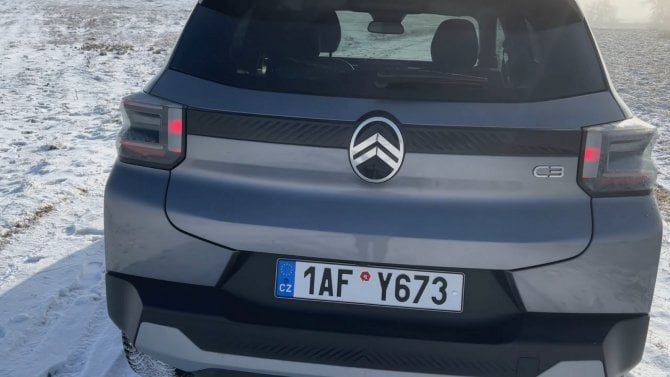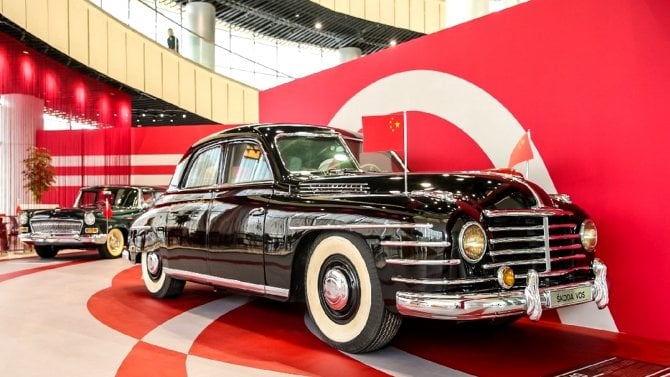...
By Christian Lowe
MOSCOW, March 28 (Reuters) - U.S. President George W. Bush offered on Wednesday to give Moscow a detailed explanation of his plans for an anti-missile shield in Europe, the Kremlin said, as Washington tried to cool Russian anger over the scheme.
Bush and Russian President Vladimir Putin discussed the planned shield in a telephone conversation on the day the Czech prime minister said he was opening talks with the United States on hosting part of the missile defense system.
The United States wants to build a radar station in the Czech Republic and a missile battery in Poland to defend against possible missile attacks from what it calls "rogue states" like Iran or North Korea.
Russia has opposed stationing elements of the missile shield close to its borders. It says the plan is a threat to its national security and does not believe U.S. assurances it is designed to defend against Iran.
"Putin laid out the reasons for Russian concerns about U.S. plans to create anti-missile defense bases in central Europe," the Kremlin said in a statement after the telephone call, which was initiated by Washington.
"In this connection, the U.S. president's expression of readiness for detailed discussion on this subject with the Russian side, and for cooperation in the interests of joint security, was received with satisfaction," the Kremlin said.
The White House said a missile defense system in Europe would address a threat of concern to the United States and Russia.
"President Bush emphasized that missile defenses in Europe are intended to protect against the evolving ballistic missile threat from the Middle East -- a threat that we share in common with Europe and Russia," Gordon Johndroe, a spokesman for the White House National Security Council, said.
"The presidents discussed the importance of continuing consultations at NATO on missile threats and defenses against them, and exploring options for further missile defense cooperation," he said.
The head of the Pentagon's Missile Defense Agency told reporters the United States was "very open" to cooperating with Russia to strengthen missile defenses, including possible technology and data transfer that could help protect Russia.
"We would love to share that data and collaborate in that," Air Force Lt. Gen. Henry Obering said.
FORMAL TALKS
Offering Russia detailed talks may go some way to meeting complaints from Russian officials that Washington had not consulted adequately.
The project moved a step closer to becoming reality on Wednesday when Czech Prime Minister Mirek Topolanek said his government was ready to start formal talks with Washington.
"The Czech Republic recognizes the threats against which the defense shield should be set," Topolanek told a news conference.
He said his government would hand over a note to the United States setting out conditions for the talks.
Some European states have objected to the U.S. approach over the missile plan, saying they would have preferred a multilateral, Europe-wide defense scheme.
Topolanek said he hoped the U.S. radar station on Czech soil would eventually be part of a broader, NATO missile shield.
The missile shield has become a major new irritant in Russian-U.S. relations already strained by differences over Iran, the Middle East and Moscow's suspicions that Washington is encroaching on its traditional spheres of influence.
A senior U.S. Defense Department official, speaking to reporters in Berlin, acknowledged Washington could have done a better job of explaining its intentions.
"I'm hoping we're going to try and make up for the lost time," said Eric Edelman, U.S. undersecretary of defense for policy. But Edelman described Russia's argument that the missile shield would upset the delicate strategic balance in Europe as "a bit flawed."
"It would be good not to have any missiles in Europe," he said. "I certainly hope there won't be any incoming ones from any of the 20 countries that are developing ballistic missile capabilities. But one can't guarantee that." (Additional reporting by Jan Lopatka in Prague, Louis Charbonneau in Berlin, David Chance in Budapest and Washington bureau)
Keywords: SHIELD RUSSIA/




 Auta osvoboditelů – z východu: Československo a celá Evropa se staly křižovatkou vojenské techniky
Auta osvoboditelů – z východu: Československo a celá Evropa se staly křižovatkou vojenské techniky
 Auto blokující nabíjecí stanici bude možné odtáhnout. A je jedno, jestli má spalovací motor, nebo je to elektromobil
Auto blokující nabíjecí stanici bude možné odtáhnout. A je jedno, jestli má spalovací motor, nebo je to elektromobil
 Ikona je zpět jako elektromobil a je skvělá! Poprvé jsme se svezli s novým Renaultem 5
Ikona je zpět jako elektromobil a je skvělá! Poprvé jsme se svezli s novým Renaultem 5
 Videodojmy: Tenhle malý hatchback jezdí za šest litrů, odveze čtyři lidi a nestojí ani 400 tisíc
Videodojmy: Tenhle malý hatchback jezdí za šest litrů, odveze čtyři lidi a nestojí ani 400 tisíc
 Škoda VOS: Historie československých vládních automobilů je přehledem politických obratů
Škoda VOS: Historie československých vládních automobilů je přehledem politických obratů
